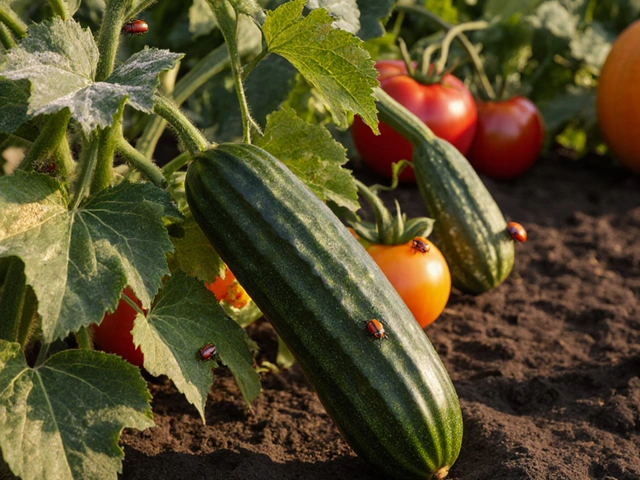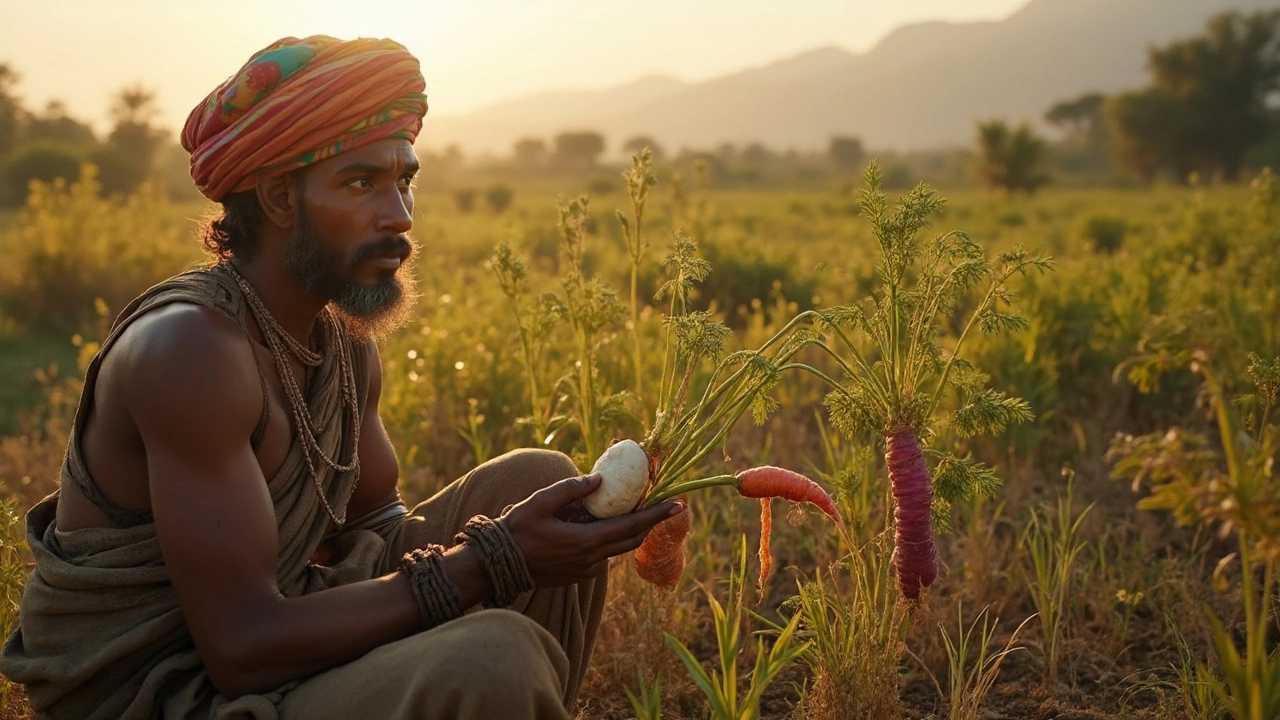Carrot Facts: Nutrition, Growing Tips & Surprising Benefits
Carrots are one of the most popular veggies in Indian kitchens, but most people only know they’re orange and crunchy. In this guide we’ll break down what makes carrots special, how they help your health, and easy ways to grow them in a small garden or balcony.
Why Carrots Are Good for You
The big star in carrot nutrition is beta‑carotene, which your body turns into vitamin A. Vitamin A supports good eyesight, a strong immune system, and healthy skin. A single medium carrot gives you more than 200 % of the daily vitamin A requirement.
Carrots also contain vitamin C, potassium, and fiber. Fiber keeps your digestion smooth and can help lower cholesterol. The potassium helps balance blood pressure, while vitamin C boosts immunity and helps the body absorb iron from other foods.
Research shows that eating carrots regularly may lower the risk of certain cancers, especially lung and colorectal cancers. The antioxidants in carrots fight free radicals that can damage cells. So a handful of carrot sticks a day can be a simple preventive habit.
How to Grow Carrots at Home
Carrots love loose, well‑drained soil. Start by loosening the top 12‑15 cm of garden soil and removing stones or clumps. If you have heavy clay, mix in sand or compost to improve texture; compact soil makes carrots forked.
Sow seeds 1 cm deep, spacing them about 2 cm apart. You can plant a row or scatter seeds in a raised bed or large pot. Keep the soil moist until seedlings appear—usually 10‑14 days.
When the seedlings are 3‑4 cm tall, thin them to 5‑7 cm apart. This gives each carrot room to develop a straight taproot. Mulching with straw helps retain moisture and keeps weeds away.
Water regularly but avoid waterlogging. Carrots need consistent moisture, especially during the first month. Too much water can cause the roots to split, while too little makes them bitter.
Harvest carrots when they reach the size you like—usually 5‑7 cm in length for a baby carrot, 15 cm for a full‑size one. Pull them gently and wash off the soil. If you leave some in the ground, they’ll keep getting sweeter over time.
You can store fresh carrots in the fridge for up to three weeks. Cut off the greens first—they draw moisture from the root. Keep them in a perforated bag or wrapped in a damp cloth to stay crisp.
Carrots aren’t just for raw snacks. You can steam, roast, or add them to soups and curries. Grating them into salads gives a sweet crunch, while cooking them with a pinch of cumin brings out a deeper flavor.
Whether you’re a city dweller with a balcony or have a backyard, growing carrots is doable and rewarding. The effort is small, the harvest is tasty, and you get a nutrient boost straight from your own soil.
Are Carrots Native to India? History, Origins, and Surprising Facts
Discover whether carrots are truly native to India, explore their wild origins, ancient history, and how they’ve changed flavors and colors through time.
About
Gardening
Latest Posts
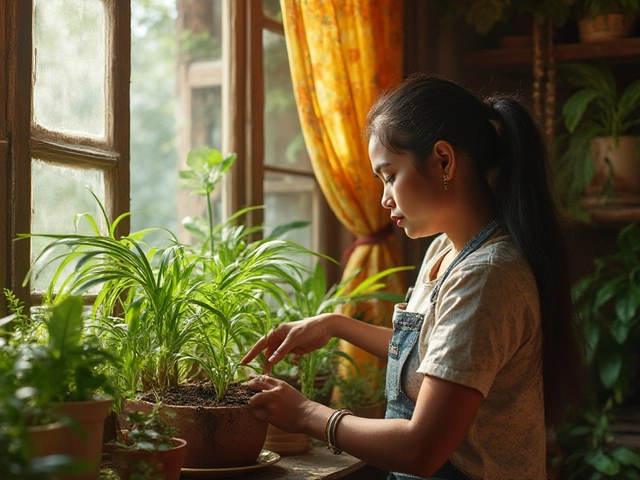
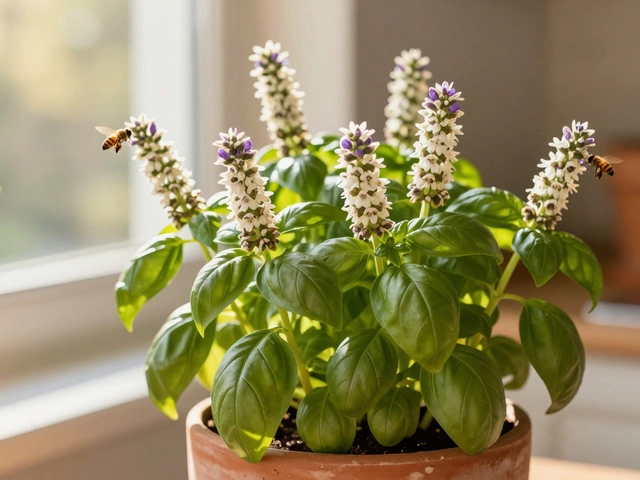
What Is the Most Underrated Flower for Kitchen Gardening?
By Alden Thorne Jan 6, 2026
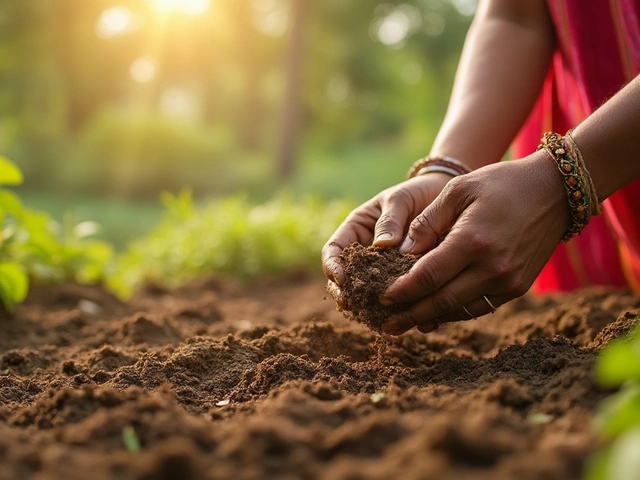
Revitalize Your Garden: Proven Ways to Refresh Tired Soil Fast
By Alden Thorne Jun 26, 2025
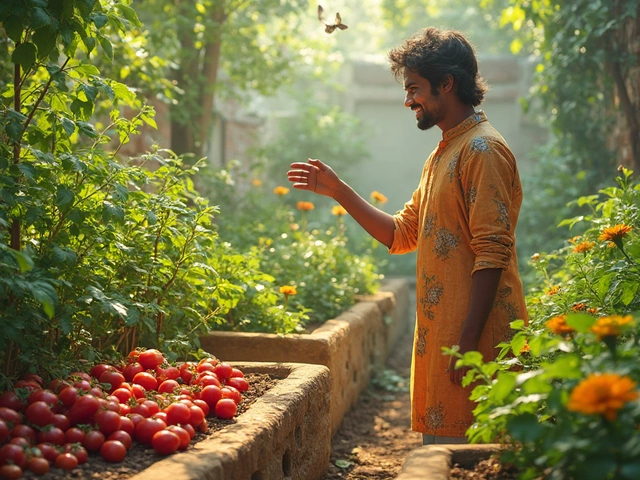
Vegetables That Grow Well Next to Each Other: Smart Pairings for a Healthy Garden
By Alden Thorne May 13, 2025
